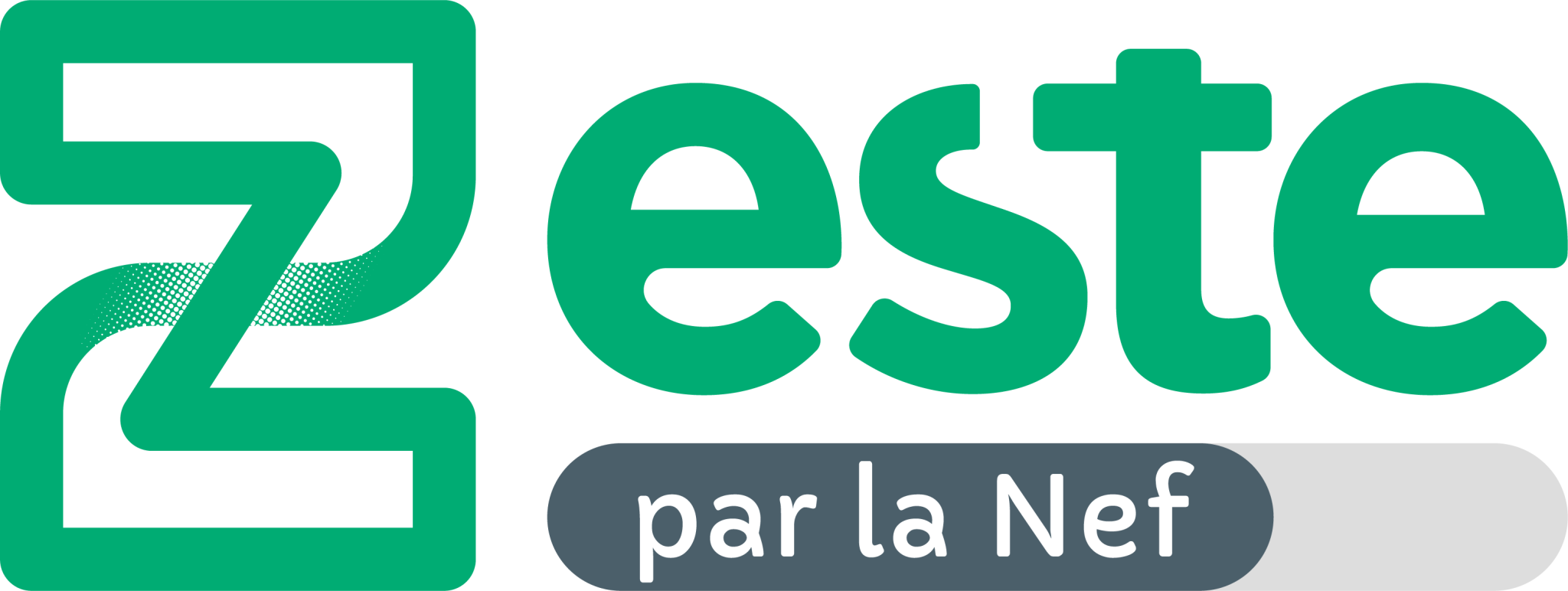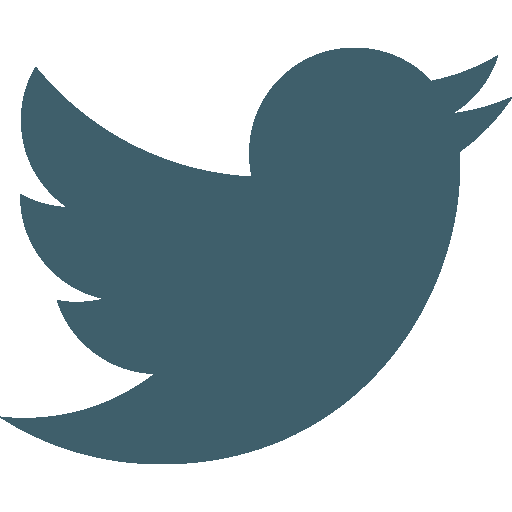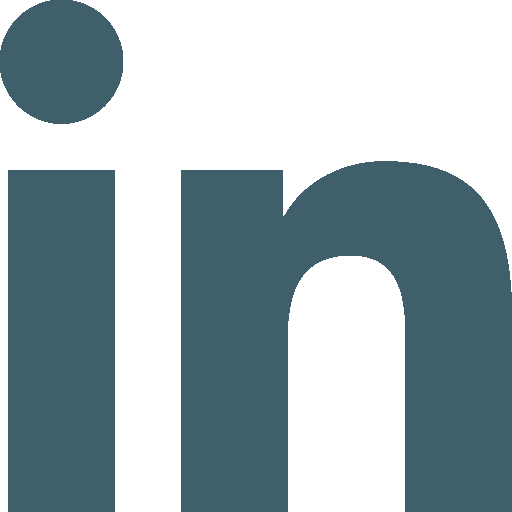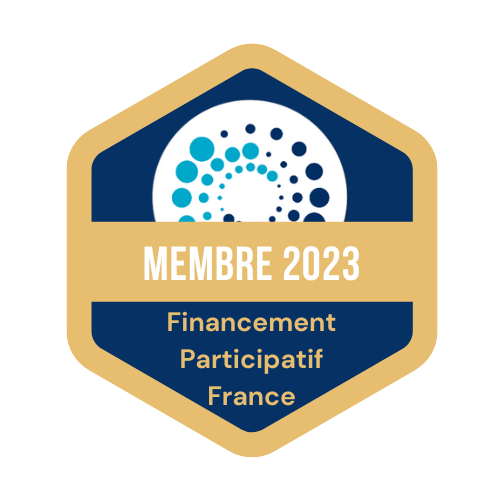Description
First of all : what is a FabLab?
It is a place where digital machines and skills are pooled and shared, allowing anyone to create almost anything. In this context, members can implement projects, repair, alter or reinterpret objects, and ultimately learn by doing. The description below will let you know more about what we do.
What about our project?
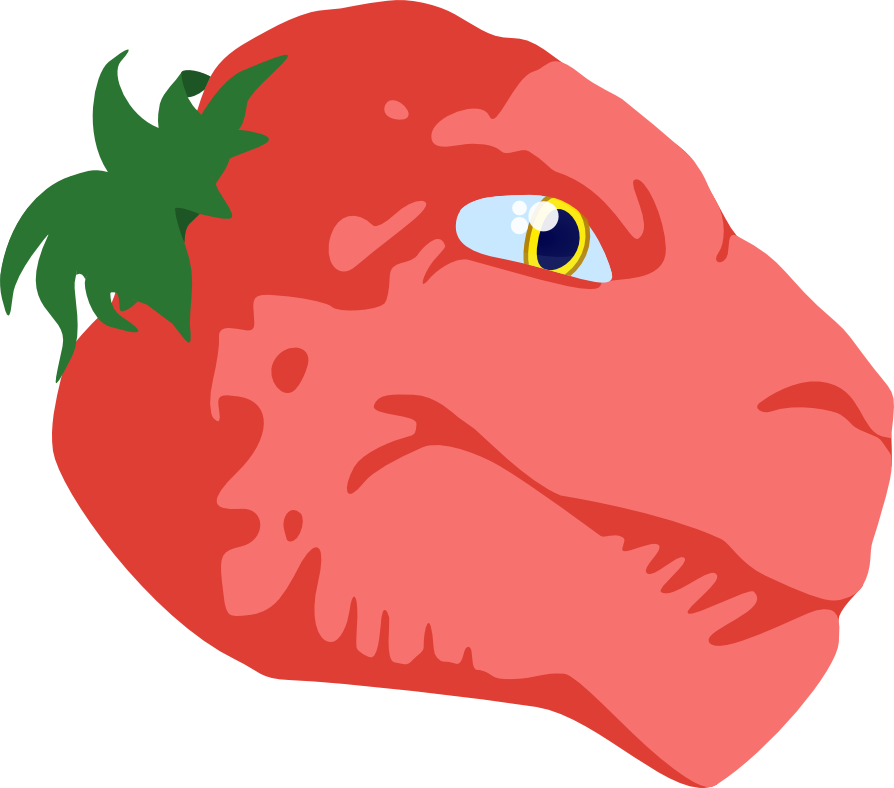
By expanding our machinery, we will be able to build/repair/transform even more, without increasing the cost of membership for individuals, and thus meeting our goal of disseminating and encouraging the appropriation of digital manufacturing technologies, which should not be limited by barriers of financial nature.
This will also allow us to meet the ever-increasing demands from businesses, artisans and professionals who wish to take advantage of our expertise and our machines. Profits made from these services finance the maintenance of machinery and the development of the FabLab.
To achieve the desired change of scale, we require the following equipment:
- Large laser cutter (120cmx60cm) Lasersaur
- Large CNC milling machine (250cmx125cm) designed and manufactured by us
- 3D SLA printer Ilios HD Kit
- 3D printer designed and manufactured by us
- Thermoforming machine
- Molding bench for vacuum forming, designed and manufactured by us.
Granted, we remain true to our founding principles and the main machinery (3D printers, laser cutting) will be Open Hardware (with free, editable and reusable templates) and mounted by us. Not having found a large OpenHardware milling machine suited to our needs, we have started the design it, and this project will allow us to finalize and build its first prototype. This machine should quickly trim wood composites (plywood and 3-ply panels) to manufacture furniture elements (such as the OpenDesk designs) and start working on the project wikihouse (for a self-manufactured and self-assembled home kit).
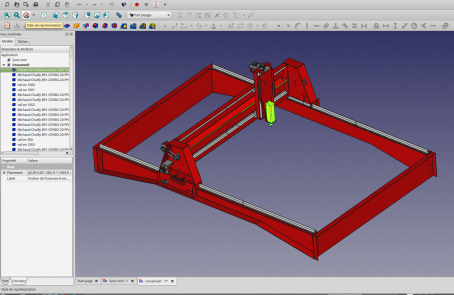
We will, of course, distribute the plans and building instructions for our Milling machine (in French and in English, in Open Format, namely FreeCAD for 3D modeling).
Beyond our principles and beliefs, the exclusive use of Open Hardware tools provides the following advantages:
- Perfect knowledge of the equipment,
- Limited maintenance costs,
- Self repair
- Optimized costs (a saving of 45,000€)
We want to demonstrate that it is possible to run a completely functional and open FabLab, providing both machines and software that are free, at a moderate cost.
It is only under these conditions that the FabLabs, supported by civic structures, will be able to expand and provide alternative environments where new means to produce, consume and work will become possible.
Chantier Libre
FabLab Chantier Libre brings together digital machinery, tools and skills to enable everyone and anyone to create and manufacture all kinds of things.
Our association was founded three years ago with the goal to support the «critical appropriation of technology for social change.» Chantier Libre holds the MIT FabLab label (we adhere to the FabLab Charter and possess the machinery and skills required for certification) and is therefore officially part of the international network of FabLabs while also being locally rooted in its rural territory. We are indeed installed in a former railway station building, an iconic element of progress and territorial planning dating back to 1845, and we also organize workshops, conferences and debates in associative cafés and other local venues.
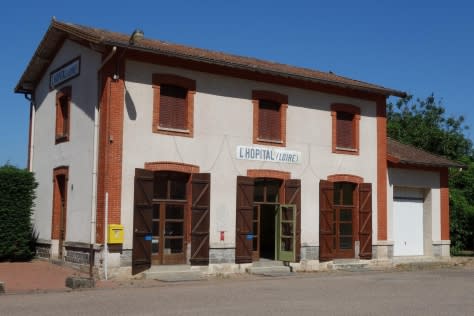
We believe that digital tools are wonderful vectors of creativity, production and sharing, when properly used. We wish to increase the awareness of the role already played by information and communication technologies in our lives today, and therefore of the issues related to this fact. Our goal is to help users understand how computers and technology work, how to use them best and, thus, how to manage their use. This is why we promote the use of Open-source Software, but also, beyond the culture of Open and Free tools, educate through workshops, training courses, conferences and debates.
Members may use the shared equipment available at the FabLab (digital machines, 3D printer, digital milling machine, 3D scanners... but also standard tools), and be trained to use them, as well as the software needed for the implementation of their projects. This way, members can learn by doing, but also recycle, transform, divert... as shown on our website.
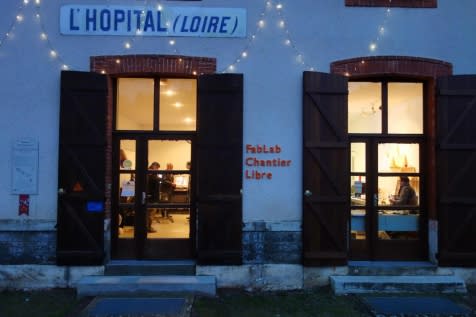
We hope to contribute to a better dissemination of knowledge, while fighting against planned obsolescence, participating in a circular economy, encouraging social cohesion and promoting sharing. The goal of the association is not only to create and manufacture, but also to produce discernment and support a reflection on the meaning of our objects and their impact in our world, our lifestyles and our societies.
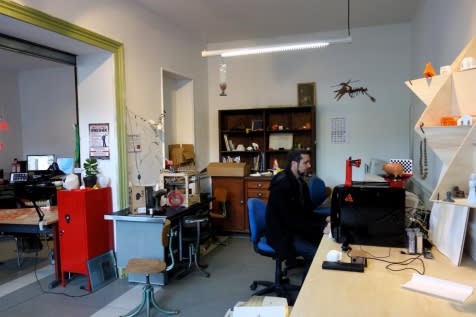
Our little associative FabLab has grown up a bit, in terms of the number of its members but also in terms of capacities and material means, and this without any outside help, aside from the space where we are located, that was made available by the local collectivity. The number of available machines has increased by means of acquisition, recycling and self-production and today we have two 3D scanners, one 3D printer, two CNC milling machines, an electronics/robotics workshop, standard tools (screw gun, drill press, radial arm saw, wood router, arc welding machine...), a universal metal machine (lathe, mill, gears), a woodworking machine, and 6 computer stations available.
Some of the members of our team
- President and founding member Matthieu Dupont de Dinechin : engineer and architect, 3D and digital manufacturing trainer for more than a decade (Blender Foundation Certified Trainer and teacher at ENSAG), author of « Blender pour l'architecture » (Eyrolles) and « Créer avec Blender » (Pearson), seasoned Free Software activist.
- Marc Debilly, retired mechanical engineer who has spent much time, in particular, setting the OpenHardware Ciclop 3D scanner.
- Jonathan Alibert, Web and Home automation developer, who developed the regulation of our pellet stove régulation de notre poêle à granulés with a RaspberryPi
- Michel Picot, retired computer scientist; one of his projects at the FabLab is the automation of his DIY telescope with an Arduino and an android app.
- Olivier Trotobas, 3D design, digital manufacturing, electronics. Mounted his own 3D printer in 2013 and built a digital milling machine in 2015.
- Guy Maisonnial, industrial designer, designer of industrial machines, deals mainly with the mechanical design of our milling machine.
- Emmanuel Varet, "Involved in a field of activity between Environment and Quality, thus transdisciplinary and with a preference for Open Software… ending up a member of Chantiers Libres was a logical conclusion. In addition, I consider that FabLabs are to DIY activities what shared community gardens are to gardening ... and coincidentally I also participate in community garden activities."
Use of funds
For this project, we are supported by the COPLER - Communauté de Communes du Pays entre Loire et Rhône (9000 €), and by the Rhône-Alpes Auvergne Region (9000 €), provided that we manage to collect 12500 € on our own.
So if we can raise 12500 € through this campaign, our FabLab will have access to a total budget of 30500 € to invest in all the necessary equipment.
If the first level of the funding campaign is reached (8300 €)
We promise to publish, under Open Hardware license, the plans and instructions for assembly and use of a large-format milling machine, in English and in French. Instructions will be available in .odt and .pdf formats, and the 3D files in Freecad and STEP formats.
If the second level of the funding campaign is reached (12500 €)
We will be able to obtain the expected financial support (COPLER and REGION) without needing to borrow funds, and we promise to publish, under OpenHardware license, the plans for our large FDM 3D printer (1m3) and for the resin molding bench. Instructions will be available in .odt and .pdf formats, and the 3D files in Freecad and STEP formats. We also commit to translate and publish the assembly instructions for the Lasersaur laser cutter in French.








